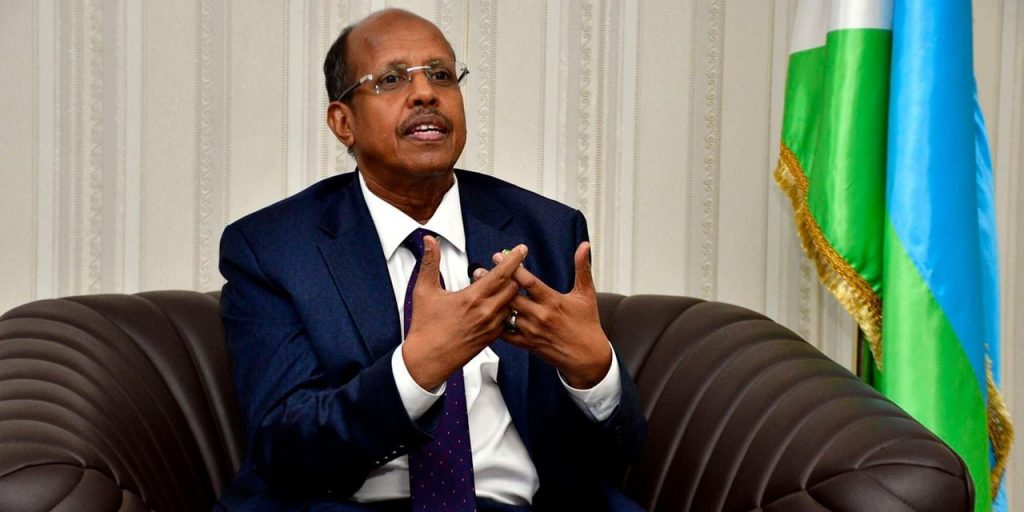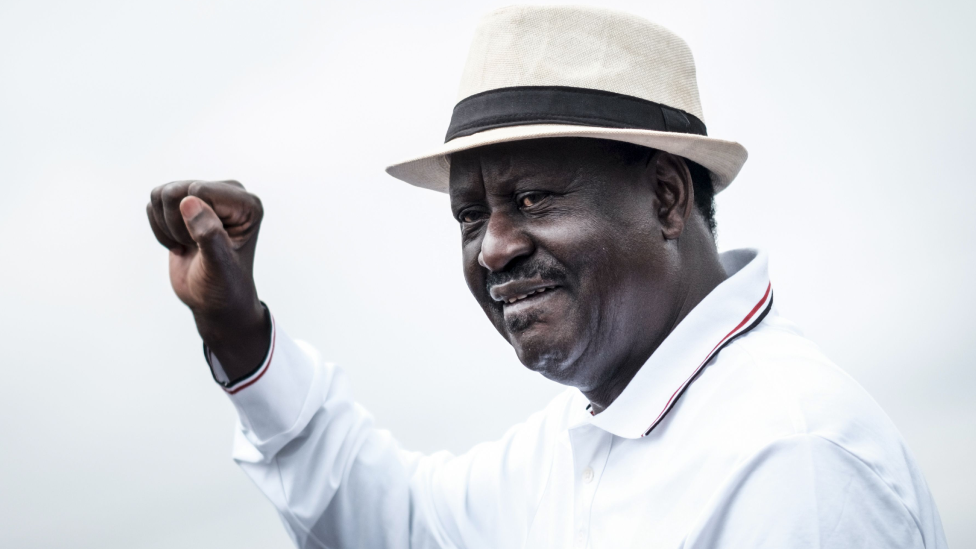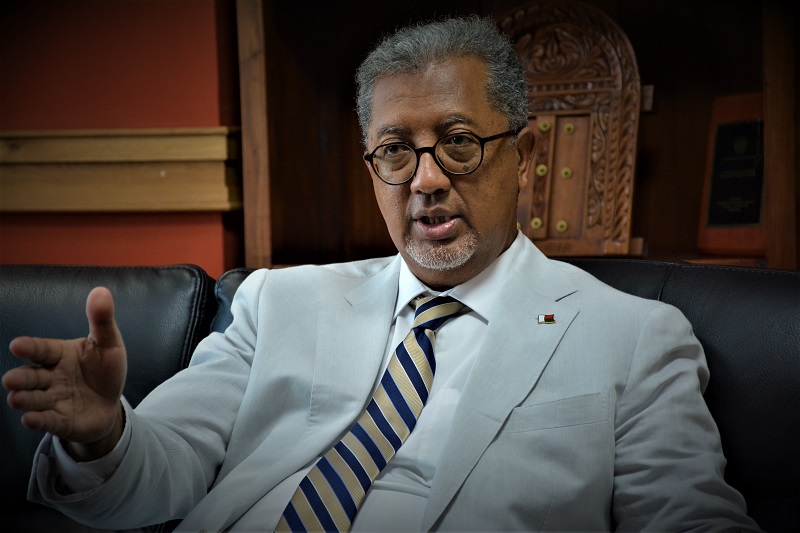The African Union (AU) will elect a new chairman this weekend, with three candidates vying for the influential position that represents approximately 1.5 billion people across the continent. The election comes at a time of growing regional instability, security concerns, and governance challenges.
Here’s a look at the contenders:
Mahamoud Ali Youssouf (Djibouti)

A 59-year-old career diplomat, Youssouf has served as Djibouti’s foreign minister since 2005. Fluent in French, English, and Arabic, he has built a reputation as a quiet but effective statesman.
Although considered an underdog in the race, his deep understanding of AU institutions is seen as an asset. The International Crisis Group has highlighted his experience as a potential advantage.
Speaking to AFP in December, Youssouf pointed to governance challenges in Africa, particularly in nations affected by military coups.
Raila Odinga (Kenya)

At 80 years old, Odinga is a veteran opposition politician in Kenya, known for his shifting political alliances. His early political career was marked by imprisonment and exile as he fought against the autocratic rule of former President Daniel arap Moi.
Announcing his candidacy on X last year, Odinga declared:
“We are focused on bringing the seat home for Kenya and serving the African people.”
He argues that his political influence and name recognition could help strengthen the AU’s role on the continent.
Richard Randriamandrato (Madagascar)

Randriamandrato, 55, previously served as Madagascar’s economy and finance minister from 2018 to 2021. He was later appointed foreign minister in 2022 but was dismissed after voting at the United Nations to condemn Russia’s annexation of four Ukrainian regions—breaking with Madagascar’s neutral stance on the war.
His past experience includes working with the International Labour Organisation (ILO) and the Common Market for Eastern and Southern Africa (COMESA), giving him insight into regional economic affairs.
The election of the AU chairman will be closely watched as Africa navigates political and security challenges, with the winner expected to play a crucial role in shaping the continent’s response to ongoing crises.


